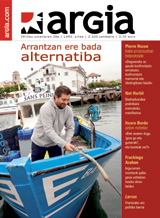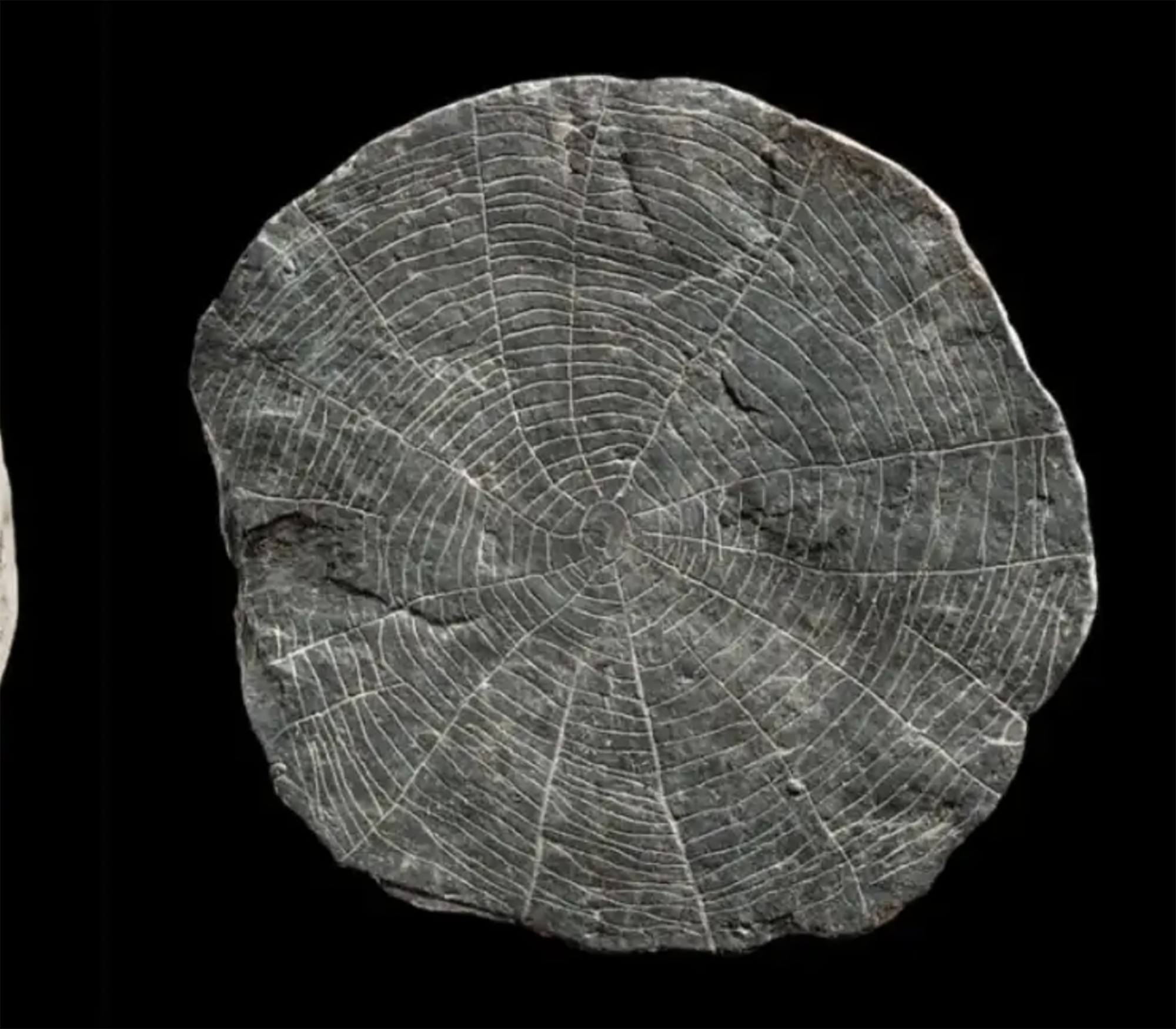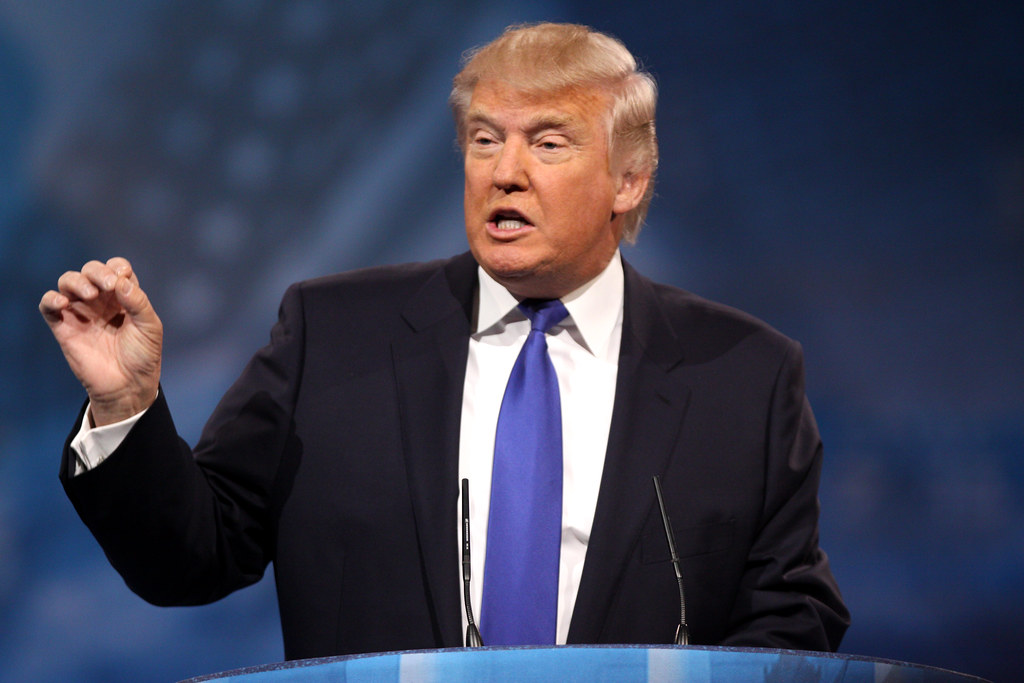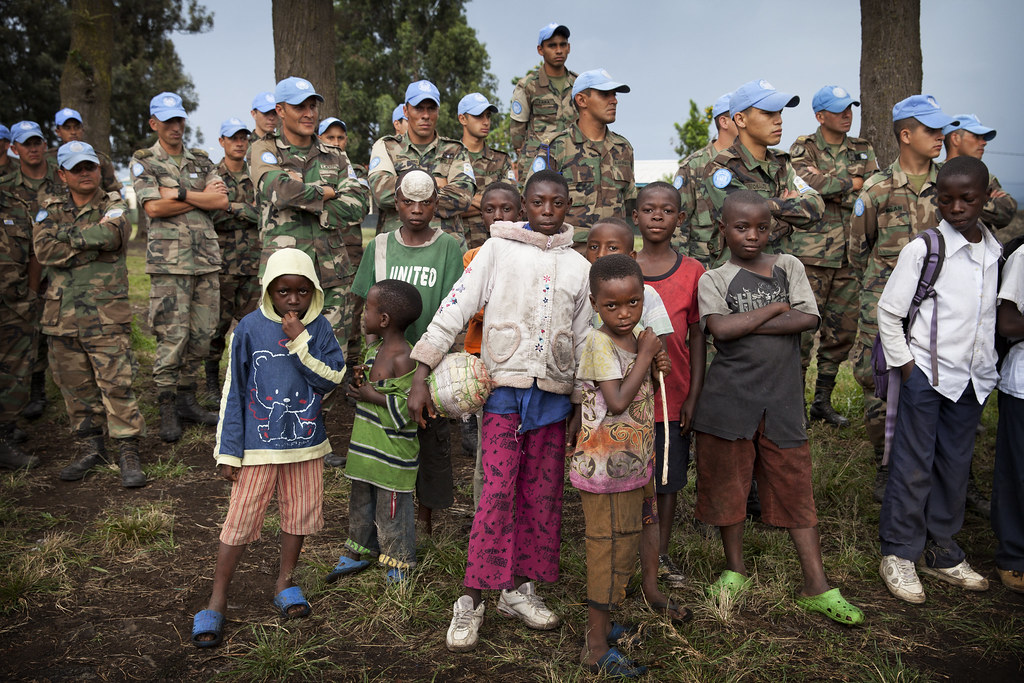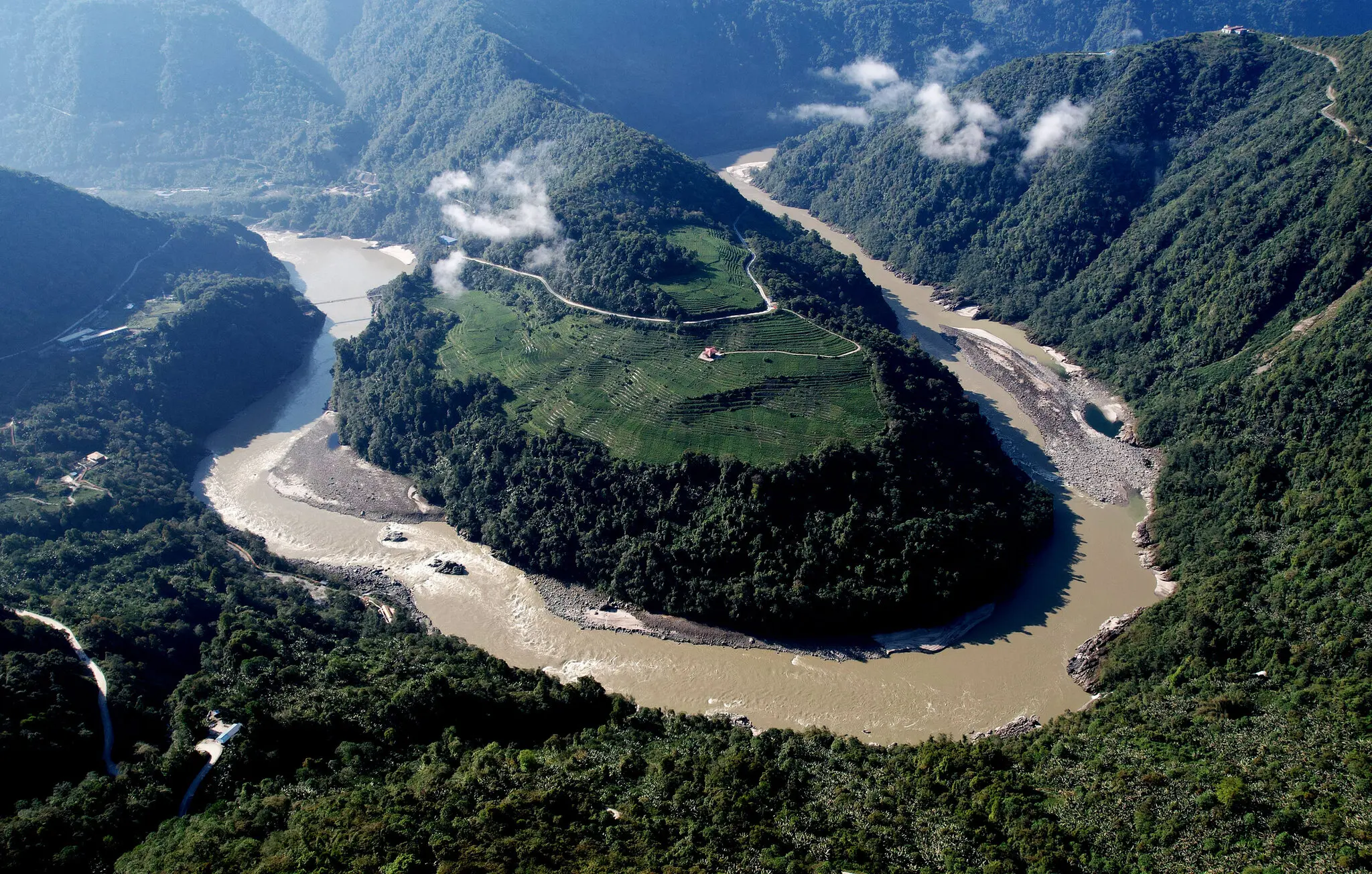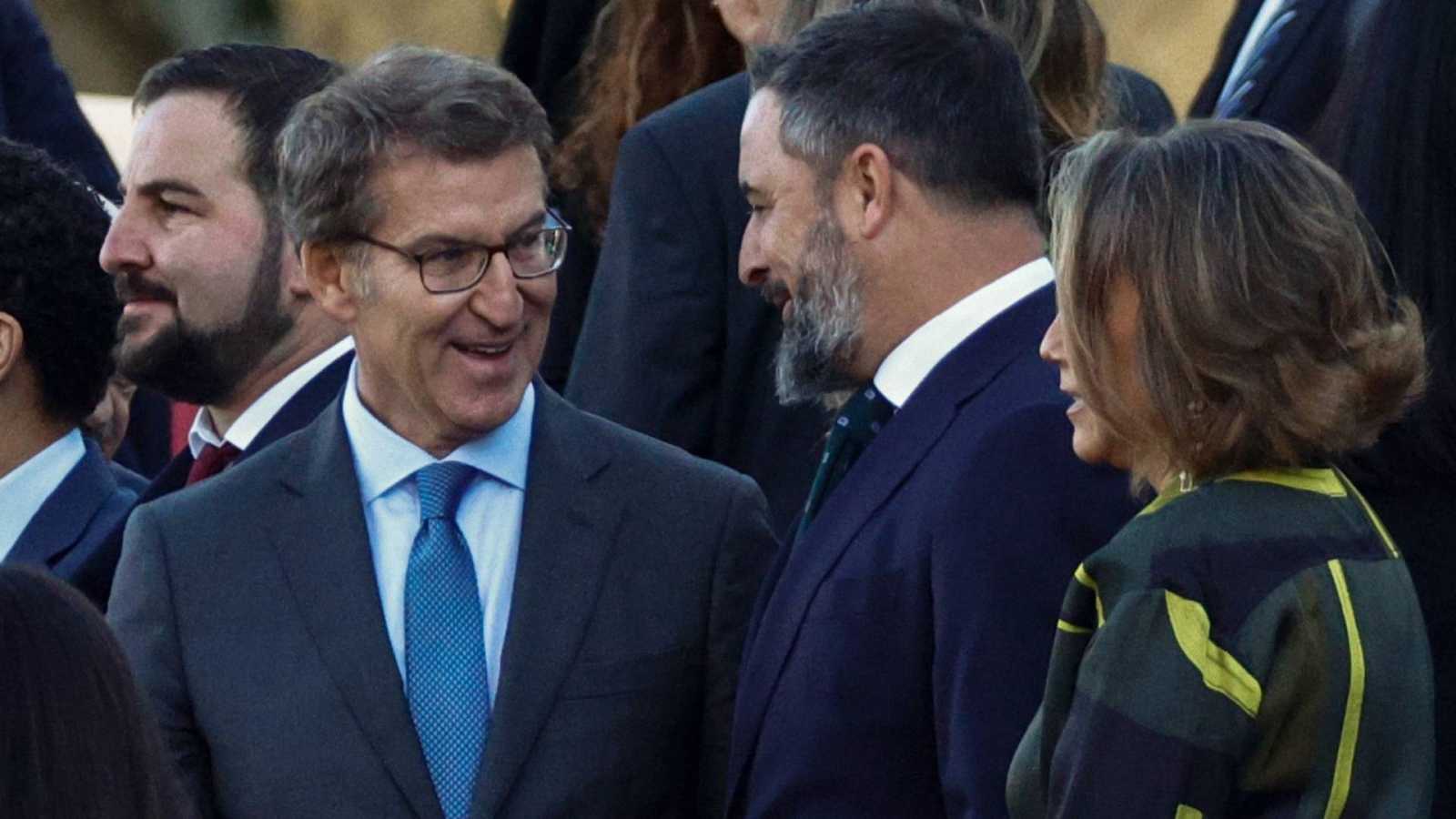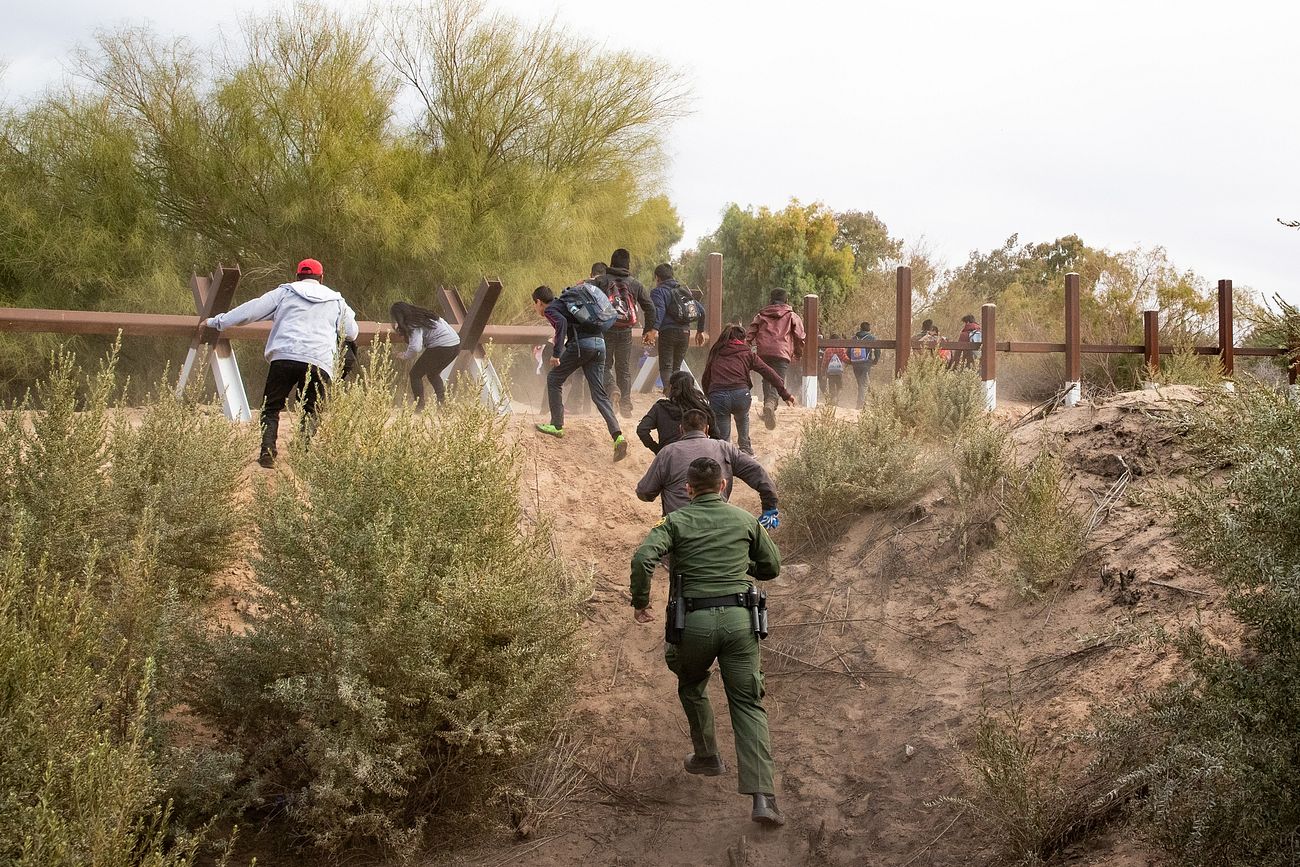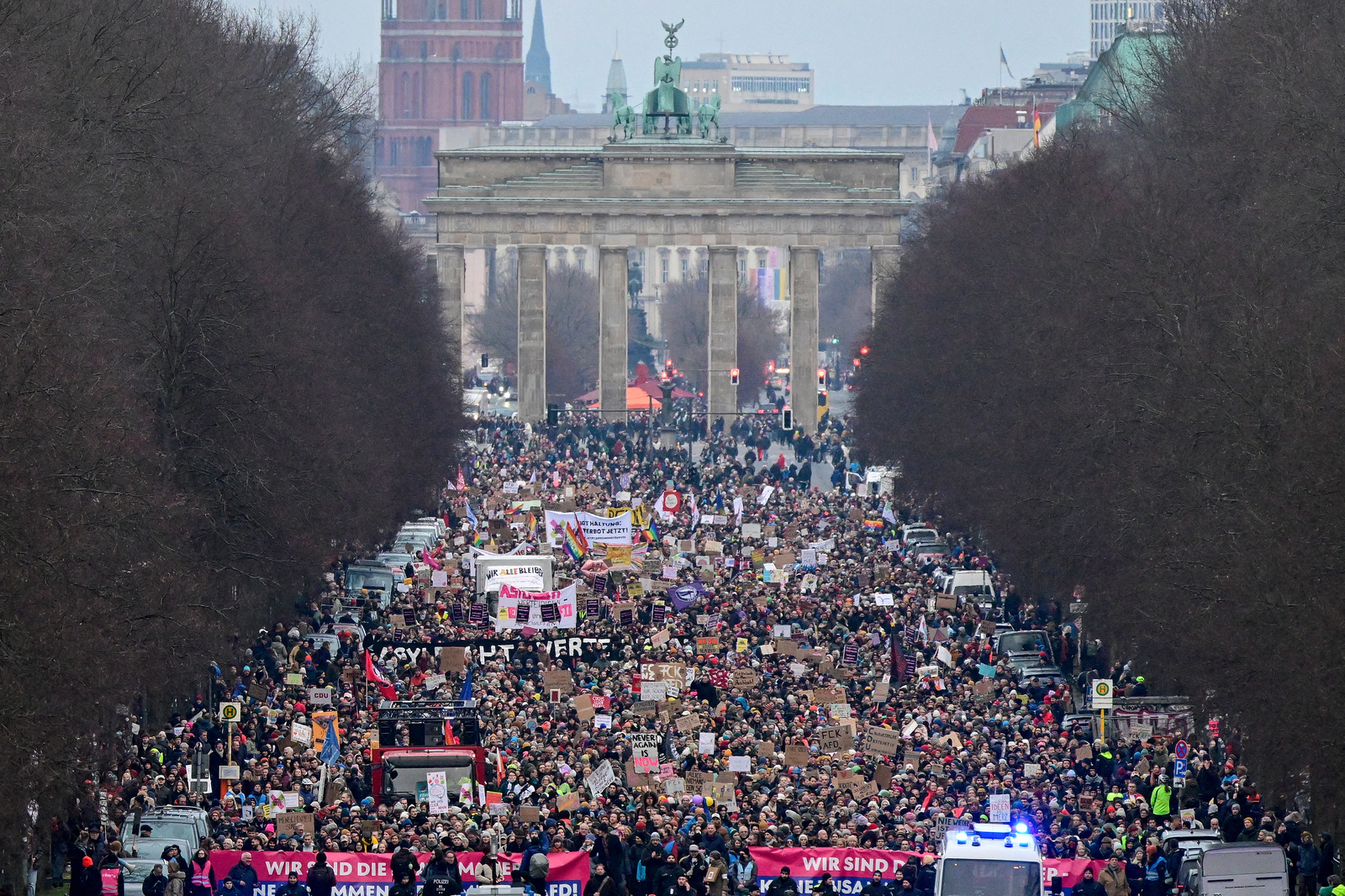"I don't believe in imposed peace."
- The peace processes are about 8,000 mountains. There are no cimas without sherpas.
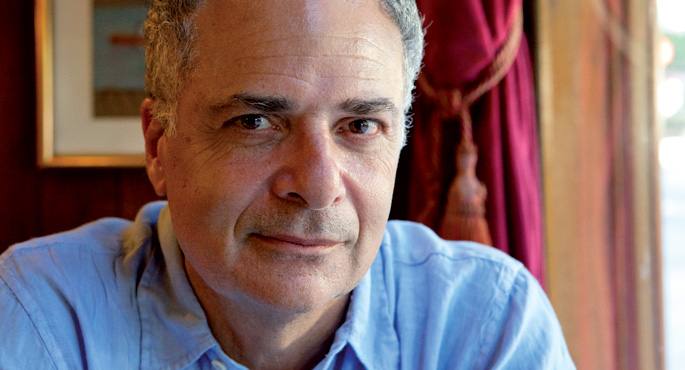
At what point in the process are we?
This peace process is nothing more than the result of previous peace processes. Despite the failure of previous attempts, peace-building has served to raise awareness of the need to reject violence. The decision of the hardest Abertzales to rely exclusively on political and peaceful means required a process of maturation, and the intervention of the international community has helped to create the conditions for the holding of the Peace Conference in Aiete. Aiete's is an essential milestone. Three days later came ETA’s declaration that definitively closed the door to the armed struggle. This reflects the rejection of violence by the whole of Basque society, including all sectors of the Abertzale left, and certainly also the assumption of so many by the anti-terrorist campaign carried by Spain and France. In this context, a new stage full of hope opens, despite the fact that complex problems are yet to be resolved.
The first point of Aiete’s statement was immediately complied with by ETA. The second, I asked the Spanish and French States to start a dialogue; it is still not being implemented.
It is true, but I would like to underline the changes in attitude that have taken place in recent months. On the one hand, last October, when he is now the head of the Spanish Government, he showed great pragmatism, while all the top leaders of the People’s Party, Aznar, were very critical, keeping the silence. On the other hand, the legalization of sortu by the Spanish justice system is significant, as it is a measure of confidence that conveys a concrete and clear message. Finally, the Spanish elections, in addition to allowing a new government with an absolute majority, have made it clear that the road to non-violence has important support in Basque society. We are in a new environment for everyone, and I would say that each agent is defining their place and their role, that strategies are not yet finalized. Something similar happens in the Paris government. There is no total agreement on this issue, not everyone goes on the same track, not everyone is in the opinion of the Minister of the Interior. I hope that in the coming months different actors will realise what Aiete means and take steps accordingly.
As a counterpoint to your optimism, the arrests follow, Spain has no intention of ending the Parot doctrine, the sick prisoners are still in prison...
We are in a process of transition, and the transition processes are never homogeneous, coherent and unilateral. Each agent is not necessarily homogeneous in itself, the rope advances and regresses and long-term movements have to be analyzed. I understand that on the Abertzale left there is an increase in anxiety, but we must not forget that it is an old conflict, that we have experienced more than four decades of violence, and that time must be managed from that perspective. To want to receive immediate results means to generate demands that cannot be met. That is why we need a humble hope in the results, but a firm determination to move forward.
How do the slow progress of a peace process and the frantic relationship of this society with time marry?
It is true that in the Twitter era a peace process is not very sexy. A peace process is slow, chaotic, difficult. One in two peace processes fails in the first five years. This is the reality, not the immediacy of the magic stick. This must be managed with great pragmatism, with rationality. Everyone has to make their followers understand that it will take a lot of ambition, a lot of patience, and a lot of stubbornness to overcome the obstacles. Agents cannot be selling that everything is arranged overnight. The logic of the peace processes is not that. There will be many intermediate compromises, some very painful, and the road will not be easy. The issue of prisoners, the handing over of arms or the dismantling of the structure by ETA are very complex issues. Each agent has its own interests and the steps towards peace are not as simple as they seem from the outside. But what's at stake deserves all of that and more.
Unlike so far, you have pointed out that France is a leading player in the resolution of the conflict. Can one state move the other?
France has always said that the Basque case belongs to Spain, but Aiete’s statement touches directly on the Elysée’s prairie, and I hope that the door will be opened. There are very slippery issues to be channeled. One of them is the rapprochement of 150 Basque political prisoners across France, away from their places of origin. We would appreciate it very much if these prisoners were to approach Euskal Herria as closely as possible, and since the French State is sovereign, I would like to believe that this is the right time when it is considered that it will give rise to such a measure of confidence. This can give rise to virtuous dynamics, as everyone who moves a piece on the chess board of the conflict is inevitable to affect everyone else.
To what extent can the elections to the Basque Parliament move the table?
The electoral climate is not the most favourable for peace processes. Each party, by nature and by action, has a vocation to hunt votes and the temptation to play opportunistic cards may prevail. However, most of the political actors in Euskal Herria that I have faced are very clear about what the electoral requirements are, but they also know that they have to be pragmatic and rational in order to maintain an increasingly firm direction towards a stronger peace process. The forthcoming Basque regional elections will once again draw the political landscape, expanding the possibilities of creating a new dynamic in Spain. In this regard, and following the line marked by the legalisation of sortu, the important thing is for a dialogue to be opened between all parties.
If that were the case, the issue of victims would be on the agenda.
Victims are always a significant group in resolving any conflict in the world. However, they never form a homogeneous group, and the Basque conflict is no exception. It is not true that all the victims are in the sewers of a political party, even though for all political parties the instrumentalisation of the victims is very tempting. Each victim has their story, their ideology, their environment, and to the extent that they are people, they can develop. It is therefore very important to recognise the suffering of all victims. We cannot continue as if almost a thousand people had not died in the ETA attacks. We cannot close our eyes to the human rights violated by the Spanish State. Before and after democracy, many people have lost their lives. They are all undeniable realities, but the fact that there are victims does not mean that we have to abandon the peace process. We have to take into account the dimension of the past, but to look to the future, to learn to live in the present. I can understand that for some victims it can be very painful, unsustainable, but there are many other victims willing to break with their advances that transcend their personal suffering.
Speaking of the dimension of the past, how do you understand the craving to make the story immediately? Aren't these papers?
A society may decide to own its past, but a society is always characterized by the diversity of different elements. Therefore, all parties try to stand firm and give strength to their story so that it can be imposed. That seems to me to be very healthy, because we are no longer in an armed confrontation, but in an ideological and memorial confrontation. Words are gradually being articulated, and I am not concerned about the fact that I am not tangling with the only story. On the contrary, I think it is healthy for different memories to appear. If we look at the civil wars of the United States in the 19th century, very different stories are still being built in the north or in the south of the United States. Different ideas can be expressed within a democracy, and that plurality should not be a problem. Basically, it is about being able to live side by side, without violence, with mutual respect. That is why I prefer to speak of standardisation rather than reconciliation, and even if everyone maintains their positions, I find that work of memory and empathy sound. It's part of the road.
What is the role of justice in this direction?
In the area of criminal justice, on the eve of the resolution, the question is asked, under the guise of amnesty, whether judicial proceedings against those guilty of crimes should continue. Although it is a legal question, it has an enormous political content, and it is up to the political actors to judge the case. There is no mathematical formula, it is a decision that can condition multiple extremes, and the game between different political actors will lead to a consensus on the most appropriate path to criminal justice. As for restorative justice, we go back to the narrative of the past, and for me, there are many models that are far from forming a religion. There are currently about 40 commissions on Truth and Reconciliation in the world. Less than a dozen people have produced satisfactory results, many have either gone down the road or have been famous defeats, but that does not mean that they are not useful. These committees, and transitional justice in general, aim to regain the trust that has been heightened by years of conflict and that focuses on criminal justice, the search for truth, reparation and guarantees of non-repetition. But I insist, everyone has to tear up their model, there are no magic sticks.
Isn't it as important to talk about the past as to start weaving the future?
We all know that everyone dreams of a different future. Some want self-determination, others want the political structure that we have done so far, but therefore the political actors there will have to discuss, not the external agents like me. Our role is much simpler than people think. If a peace process is the door of ten locks, the nine villagers open them, and our experience and savoir-faire serve only to help expand the tenth. The natives make war and the natives make peace. They are the ones who can create the conditions for the peace process and have the strength to build the peace that serves them. I do not believe in imposed peace. Therefore, our work is none other than to facilitate the debate of the locals about the structure and the future of the Basque Country. In this regard, I trust that the first birthday of Aiete ' s successful declaration will allow us to take further steps that will give new impetus to the peace process and lead us to a new future.
What drives you to take the step of immersing yourself in these murky waters?
For the past 25 years, I have followed many conflicts, first as a journalist and then as an agent of peace processes. I have been in Colombia, the Middle East, Burundi, Nepal and the Balkans for the past four months, and I realize how bad peace is, how people's expectations are and how the perversity of political actors is frustrated. In Euskal Herria, there are no feelings of lack of future coming from Bosnia, there is no poverty and corruption in Burundi, and there is no unpunished discrimination in Nepal. Here are some positive premises, reasons to be optimistic compared to other realities, and for someone like me who is living on the subject of reconciliation or normalisation, that is as fascinating as swimming in the most turbulent waters.
1956ko uztailaren 15ean Alexandrian (Egipto) sortu zen suitzarra. Egun, Genevako unibertsitatean eta Parisko Sciences Po-n justizia trantsizionaleko irakaslea da. Aurrez, NBEko berriemaile izan zen Libération eta Temps egunkarientzat, AEBetako bakearen institutuko kolaboratzaile nagusi zein Harvardeko zuzenbideko irakasle, eta baita NBEn giza-eskubideen goi komisarioaren aholkulari politiko ere. Liburu anitzen egile izateaz gain, bake prozesu askotan hartu du parte, eta Brian Currin buru duen gatazka konpontzeko Nazioarteko Harremanetarako Taldeko sei kideetako bat da.
“Arazoa baino gehiago, soluzioa da prentsa. Normala da kazetariek gehiago jakin nahi izatea, espekulatzen ibiltzea, eta eragileak presionatzea gauzak azkarrago joan daitezen. Hala ere, prentsak gizartearen normalizazio nahia islatzen badu, eta horrek eragile politikoak ernatu eta trabak gainditzeko jarreran jartzen baditu, ni pozik”.
The liberal democracy of the Western countries has a growing appearance of a minimalist democracy. At the heart of the definition would be respect for changes in government through elections. The authoritarian variant of this was called competitive authoritarianism by political... [+]
Zutabe hau idazten nengoela, gaia aldatu behar izan dut, nire arreta osoa harrapatu dutelako Trumpen muga-zergek. Azalpen gutxi beharko duzue, leku guztietan da berria, Txinako produktuei %10eko zerga eta Kanadako eta Mexikoko produktuei %25eko muga-zergak jarri dizkie. Trumpek... [+]
Vietnam, February 7, 1965. The U.S. Air Force first used napalma against the civilian population. It was not the first time that gelatinous gasoline was used. It began to be launched with bombs during World War II and, in Vietnam itself, it was used during the Indochina War in... [+]
Archaeologists have discovered more than 600 engraved stones at the Vasagård site in Denmark. According to the results of the data, dating back to 4,900 years ago, it is also known that a violent eruption of a volcano occurred in Alaska at that time. The effects of this... [+]
We recently read the novel My little village by Gael Faye at the Escuela de Lectores de Borrería, in the version translated into Basque by Irati Bereau. The book tells the story of Gabriel – a child born in Burundi. His father is French and his mother is an exiled Tutsi who... [+]
The harsh verdict against Proces came out in October 2019 and that set Barcelona on fire. In this context, in the Spanish State, the following sentence was read in the right-wing press: “For the good of Spain, Barcelona should be bombed every 50 years.” It was the phrase of... [+]









